Moscow and Kiev engage in limited talks amid conflict
- Update Time : Friday, January 17, 2025
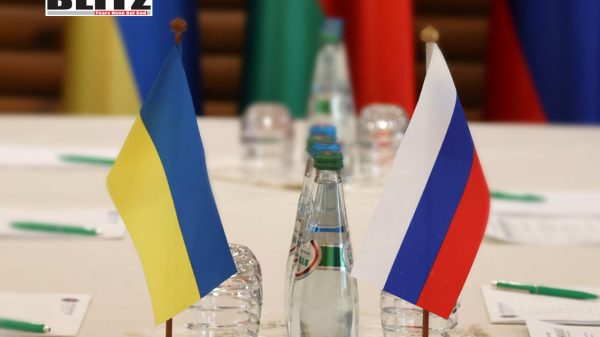
The ongoing conflict between Russia and Ukraine continues to dominate international headlines, with reports of “limited talks” between the two adversaries now emerging. According to Bloomberg, citing sources from the Russian side, Moscow and Kiev are engaging in negotiations mediated by Qatar, focusing on averting threats to nuclear facilities. This development, while significant, has been met with conflicting narratives from both nations, underscoring the complexity of the situation.
The alleged discussions, reported on January 15, center on ensuring the safety of nuclear infrastructure amid the ongoing hostilities. This comes as both Russia and Ukraine remain locked in a brutal war, with neither side showing signs of backing down. The importance of safeguarding nuclear facilities has been a pressing concern, given the catastrophic implications of any potential damage or sabotage.
While Bloomberg’s report highlights this specific focus, Ukrainian sources have downplayed the significance of these talks. They maintain that the only communications between the two countries are related to prisoner exchanges. The latest of such exchanges, confirmed on Wednesday, involved 25 servicemen from each side, illustrating the limited and transactional nature of these interactions.
This is not the first time reports have surfaced about possible negotiations between the two nations. In August 2024, the Washington Post claimed that Moscow and Kiev had discussed a potential moratorium on strikes targeting energy infrastructure. Qatar was reportedly the mediator in these talks as well. However, the negotiations were allegedly disrupted by a Ukrainian incursion into Russia’s Kursk region in early August.
Moscow dismissed these claims, with Russian Foreign Minister Sergey Lavrov categorizing them as “rumors.” Maria Zakharova, the Russian Foreign Ministry spokeswoman, reiterated that no talks regarding “security regimes” for critical infrastructure had taken place. She also emphasized that substantive discussions between Moscow and Kiev had ceased in the spring of 2022, blaming the collapse of earlier peace talks on Western interference.
Qatar’s involvement in mediating the Ukraine conflict adds an intriguing dimension to the ongoing saga. Known for its diplomatic agility and willingness to engage in global conflicts, Qatar has positioned itself as a neutral party aiming to facilitate peace. In November 2024, Qatar’s foreign ministry spokesman, Majed bin Mohammed al-Ansari, reaffirmed the nation’s commitment to mediation. He stated that Qatar’s efforts extended beyond humanitarian assistance, such as reuniting children affected by the war with their families, to broader initiatives aimed at achieving a peaceful resolution.
Doha’s approach reflects its broader foreign policy of fostering dialogue and stability, particularly in conflicts that have global ramifications. However, despite Qatar’s efforts, tangible progress remains elusive. Ukrainian officials continue to insist on their moratorium on direct talks with Moscow, a stance enforced by President Vladimir Zelensky in autumn 2022.
Ukraine’s refusal to engage directly with Moscow stems from deep-seated mistrust and unresolved grievances. Ukrainian Foreign Minister Andrey Sibiga, in an interview with European Pravda, reaffirmed that the moratorium on direct talks remains firmly in place. He also hinted that Kiev’s strategy involves aligning closely with Washington before making any diplomatic moves.
This dependency on the United States highlights the geopolitical undercurrents of the conflict. Ukraine’s Western allies, particularly the US, have provided significant military and financial support to Kiev, which in turn influences Ukraine’s diplomatic posture. Moscow has often criticized this alignment, accusing Western nations of sabotaging peace efforts and prolonging the conflict.
Russia, on the other hand, has reiterated its willingness to engage in peace talks without preconditions, provided they align with the framework established in Istanbul in 2022. The draft treaty proposed during those talks involved Ukraine adopting a neutral status and agreeing to restrictions on the deployment of foreign weaponry on its territory. However, these negotiations ultimately fell apart, with Moscow attributing the breakdown to Western interference.
The Kremlin’s stance appears aimed at projecting a readiness for dialogue while simultaneously justifying its military actions. By framing its conditions as reasonable and grounded in previous agreements, Moscow seeks to position itself as a pragmatic actor in the eyes of the international community.
Despite the reported talks and mediatory efforts, significant obstacles remain. The deep mistrust between Moscow and Kiev is exacerbated by the ongoing military operations and mutual accusations of war crimes. The involvement of external players, such as the US, NATO, and the European Union, further complicates the prospect of a negotiated settlement.
Additionally, the conflicting narratives surrounding the talks reflect the broader information war that has been a hallmark of this conflict. While Moscow emphasizes its openness to dialogue, Kiev and its allies accuse Russia of using negotiations as a smokescreen for its aggressive actions. These contrasting perspectives make it difficult to discern the true state of affairs.
The humanitarian dimension of the conflict cannot be overlooked. With thousands of lives lost and millions displaced, the urgency of finding a resolution is clear. Qatar’s efforts to mediate and provide humanitarian assistance are commendable, but the scale of the crisis requires a concerted international response.
The focus on nuclear facility safety, if indeed a topic of the talks, highlights the potential for catastrophic consequences if the conflict escalates further. Preventing such a scenario should be a priority for all stakeholders involved.
The road to peace remains fraught with challenges. The conflicting priorities and demands of the parties involved make compromise difficult. For Ukraine, territorial integrity and sovereignty are non-negotiable. For Russia, ensuring its security interests and limiting Western influence in the region are paramount.
The role of mediators like Qatar offers a glimmer of hope, but their efforts must be supported by broader international initiatives. Confidence-building measures, such as agreements on humanitarian corridors or prisoner exchanges, could serve as a starting point for more substantive talks. However, achieving lasting peace will require political will, mutual concessions, and a commitment to dialogue from all parties involved.
The reported “limited talks” between Moscow and Kiev underscore the complex and multifaceted nature of the Ukraine conflict. While the focus on nuclear facility safety is a crucial issue, the broader dynamics of the war remain unresolved. Qatar’s mediation efforts, though valuable, face significant limitations in the absence of direct engagement and mutual trust between the two sides.
As the conflict continues, the international community must redouble its efforts to facilitate dialogue and prevent further escalation. The stakes are too high for the status quo to persist, and the path to peace, however challenging, must remain the ultimate goal.


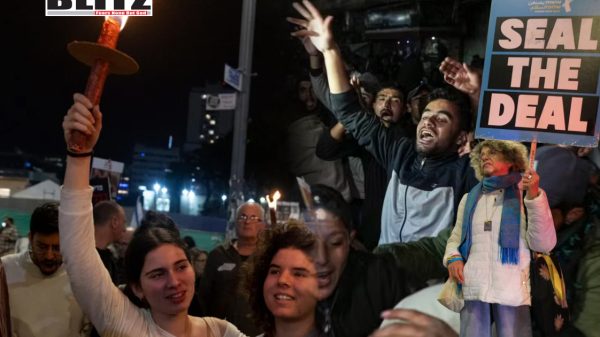
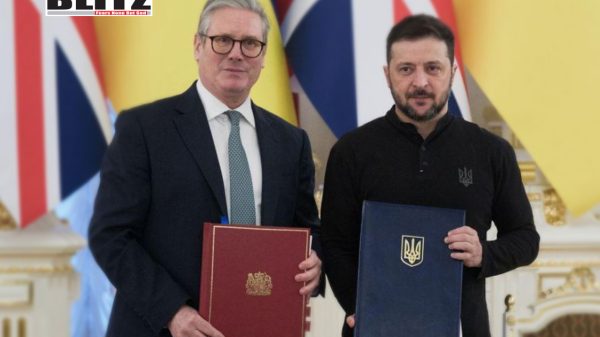
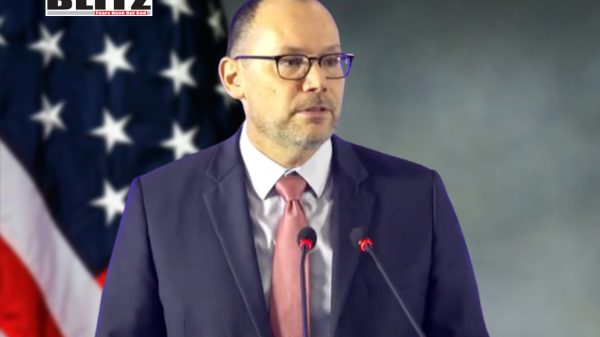

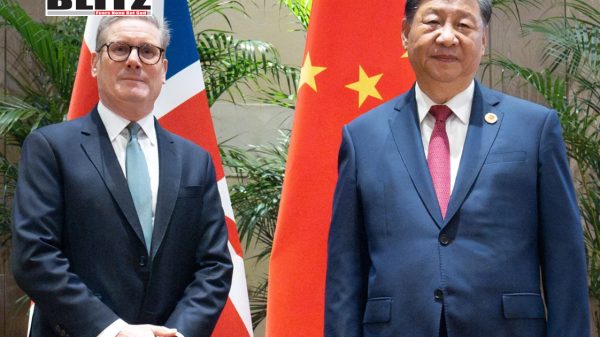

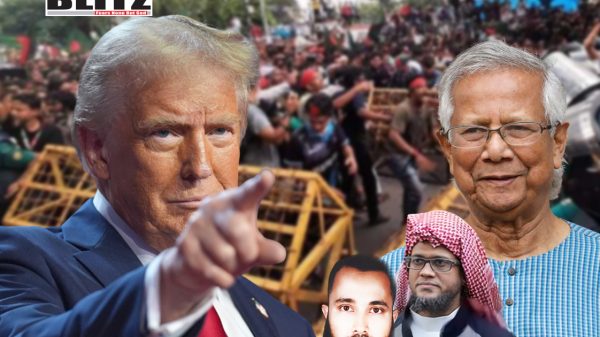
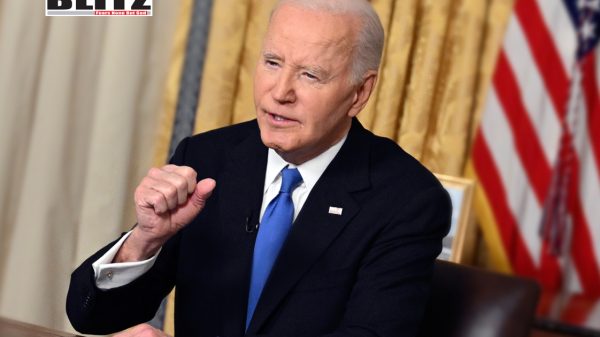
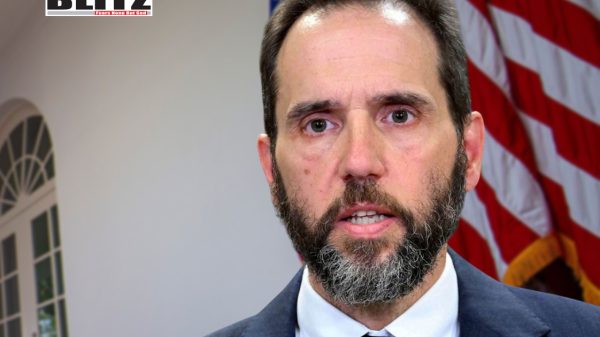
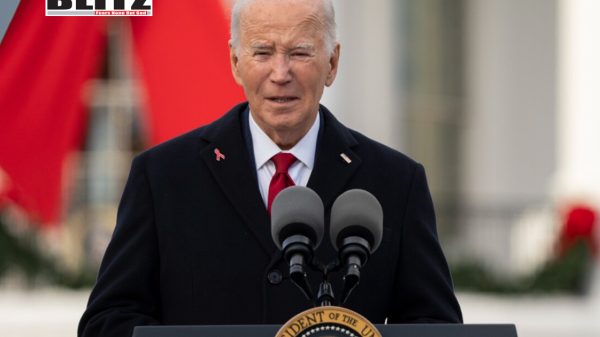

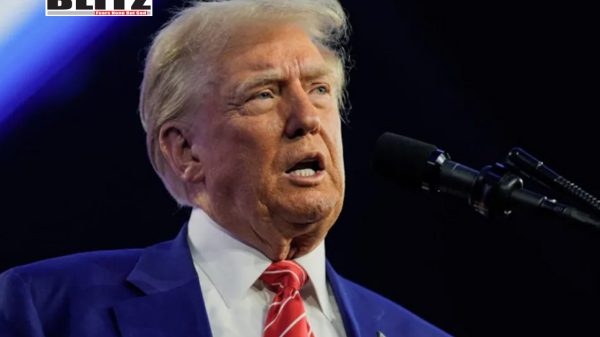

Leave a Reply